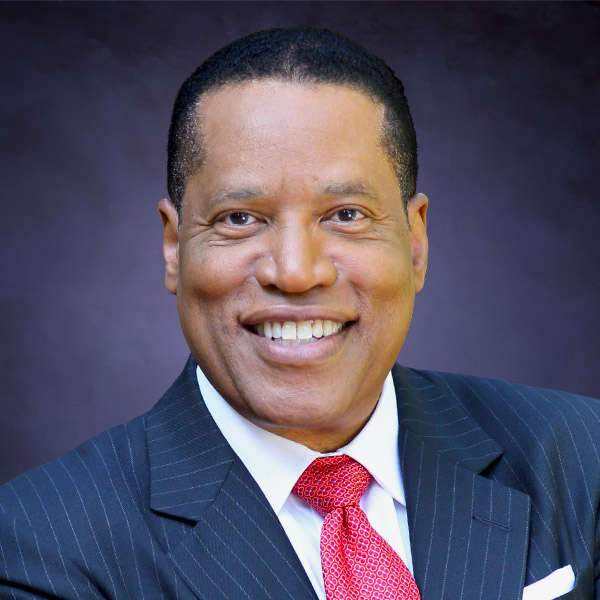
LA PAZ, Bolivia (AP) — President Rodrigo Paz of Bolivia said Tuesday he planned to scrap a ream of taxes, in one of his first moves since becoming the nation’s first conservative leader in nearly two decades in a bid to rescue a crisis-stricken economy.
Just over two weeks since taking office, Paz also announced his government would slash 30% of total federal spending from Bolivia’s 2026 budget to reverse years of populist economic measures taken under the long-ruling Movement Toward Socialism, or MAS, party. He did not give further details on how his government would make such deep cuts.
Speaking to reporters on Tuesday, Paz said he was proposing to repeal Bolivia’s national wealth tax, arguing that it had crippled growth and discouraged billions of dollars in investments since being imposed by his left-wing predecessor, former President Luis Arce.
Another levy on the chopping block is Bolivia’s 0.3% tax on everyday financial transactions, Paz said, something that long motivated Bolivians to keep clear of the formal banking system and instead stash their savings under mattresses and floorboards.
“We are giving the first signs of security that the country requires,” Paz said. “We are paving the way for economic activity.”
The bills to remove the taxes must be sent to Congress for approval before taking effect. Business leaders were already thrilled.
“The persecution of the private sector is ending,” said Klaus Freking from the country’s main agricultural chamber. “It is the beginning of legal certainty.”
But Paz and his Economy Minister José Gabriel Espinoza said Tuesday that, for now, their government wouldn’t touch the pillars of Bolivia’s economic model under the MAS party — specifically, the country’s fuel subsidies that keep its retail price of gasoline among the world’s cheapest, as well as its fixed exchange rate that became distorted as the country’s central bank ran out of U.S. dollars.
“The president is starting off on the right foot, aiming to generate better investments,” said Bolivian economic analyst Gonzalo Chávez. “But he’s not addressing the core problems.”
Paz is sticking to his campaign promise of deploying gradual measures — as opposed to a shock fiscal adjustment of the kind that Bolivians have known and feared since the 1990s — to dig Bolivia out of its worst financial crisis in four decades.
While major challenges remain and doubts linger, there are already signs that the medicine is taking effect. The endemic lines that snaked from fuel pumps across the country due to a severe shortage of gasoline have largely disappeared as Paz works to secure imports.
A friendly Congress has helped the government take on a $3.1 billion loan from the Andean Development Corporation, $550 million of which has already been released. Espinoza on Tuesday said the government seeks to borrow up to $9 billion to stabilize the economy and plug the deficit for the next three years. He said he expected the package in 60 to 90 days, without naming the multilateral lenders involved in the deal.
The government has also repaired relations with Washington after years of anti-American hostility dating back to when ex-President Evo Morales, a charismatic coca-growing union leader, kicked out the U.S. Drug Enforcement Administration in 2008 and cozied up to Russia, Iran and Venezuela.
The U.S. State Department has already announced agreements on nuclear cooperation and security assistance, and Paz has said his administration will allow Elon Musk’s Starlink to operate in Bolivia for the first time, after his predecessor refused to give it an operating license last year.
As Bolivia starts to regain credibility in the eyes of investors, sovereign bonds have risen in recent weeks and the chronically depreciating currency pared back some of its losses against the dollar in unofficial trading.
____
Follow AP’s coverage of Latin America and the Caribbean at https://apnews.com/hub/latin-america
Brought to you by www.srnnews.com

 Photos show thousands taking to the streets calling an end to violence against women and girls
Photos show thousands taking to the streets calling an end to violence against women and girls
 The Media Line: Approval for Mass Aliyah from India Fulfills Bnei Menashe’s 2,700-Year-Old Dream
The Media Line: Approval for Mass Aliyah from India Fulfills Bnei Menashe’s 2,700-Year-Old Dream
 Exclusive-How Gabbard’s ‘hunters’ pounced on secret CIA warehouse for Kennedy files
Exclusive-How Gabbard’s ‘hunters’ pounced on secret CIA warehouse for Kennedy files
 Russian drones injure seven, cause mass damage in Ukraine’s Zaporizhzhia
Russian drones injure seven, cause mass damage in Ukraine’s Zaporizhzhia